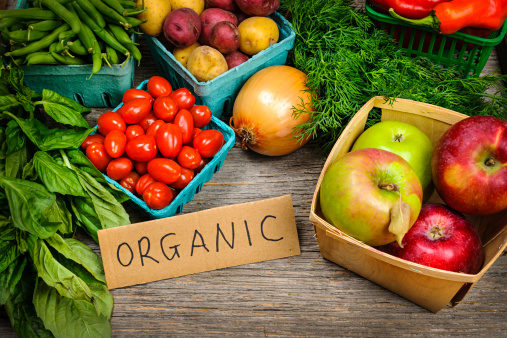Washington, D.C.—More organic farmers and handlers will soon be exempt from paying for the marketing and research of conventional agricultural products, due to a new proposed rule from the U.S. Department of Agriculture (USDA). The collective savings involved for organic stakeholders may amount to $13.6 million annually, according to USDA estimates.
Commodity “check-off” programs, such as the one that resulted in the famous “Got Milk?” campaign, require growers of those commodities to pay into a fund that is used to research the product and promote it to the public. Certified organic operations have long been on the hook for payments under check-off programs that don’t focus on promoting organic agriculture. Since 2005, farms that produce only products eligible to be certified 100% organic have been exempt from conventional commodity check-offs. In the 2014 Farm Bill, lawmakers included a provision that expands this exemption to the primary organic label, which requires at least 95% organic content. This proposed rule from USDA puts that portion of the most recent Farm Bill into action in a timely fashion. The exemption will also now extend to those who produce, process handle or import both organic and conventional products.
The Organic Trade Association (OTA) applauded the move. “The organic sector is a fast-growing, distinct industry with its own unique demands for research and promotion. We’re pleased USDA is moving swiftly to allow the industry to use its money to grow and develop its own sector,” Laura Batcha, CEO and executive director of OTA said in a statement from the association.
The last Farm Bill also authorized USDA to hold a vote on the creation of a research and promotion check-off program specifically for the organic industry, if the industry submits an official proposal. OTA says it has been in contact with industry members for several years about how such a program might be organized.
Published in WholeFoods Magazine, February 2015










